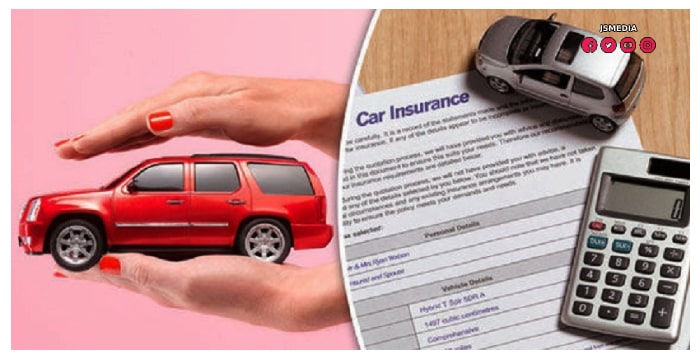JSMedia – When comparing auto insurance, you may find that collision and comprehensive coverage aren’t necessary. However, you don’t have to have both. While collision will pay for damages caused to another car and your own, comprehensive will cover the costs of events besides a collision. This could include theft, vandalism, and even fire or weather. As a result, you may want to consider getting comprehensive coverage instead.
If you are in a high-risk area, comprehensive coverage is probably a better choice. This type of coverage will cover damages to your car, whether or not you were at fault. The key difference is that collision coverage covers damages that you cause, and comprehensive insurance will pay for damage that isn’t caused by a collision. These two types of coverage are sometimes referred to as full coverage. If you’re looking for the best protection possible, you’ll want to get both.
While collision and comprehensive insurance have many similarities, there are differences. While the amount insurers will pay out per claim is the same, comprehensive insurance will cover damages that occur while you’re not driving. For example, if you’ve been in several accidents, you’ll be paying more for collision coverage than you would for comprehensive. In addition to collision coverage, you can also choose a full or partial coverage policy.
Comparing Auto Insurance: Collision and Comprehensive

Collision and comprehensive coverage are two different things, and you’ll want to consider both. The latter will likely cost you less in the long run. But the former will pay out more in the case of a car theft. If your car is stolen, you’ll have to pay the full cost of replacing it unless you’re willing to spend a large portion of your own money. So, it’s important to choose the right coverage for your vehicle.
If you’re worried about raising your rates after a collision, you should consider a comprehensive policy. It is possible that you will be able to save money on the deductible, but the higher premium will prevent you from getting the best price. The other main difference between collision and comprehensive coverage is the coverage. Unlike collision, comprehensive claims are more likely to result in a higher deductible than a collision claim.
Collision and comprehensive insurance have similar benefits and drawbacks. In the event of a car theft, you can expect the insurance company to pay out the entire amount of the car’s value minus the deductible you’ve chosen. Moreover, these policies can be customized to fit your specific needs. You can choose between collision and comprehensive insurance. There are also some factors that affect the cost. When you purchase a policy, you should also consider the type of policy.
While both types of insurance have their advantages and disadvantages, comprehensive insurance typically costs less. While the deductible on collision is the most significant, it’s not necessarily the case with comprehensive coverage. In fact, a higher deductible will mean a lower premium. But you may not need this level of coverage unless you’re involved in a car crash that results in a total loss. There are other circumstances, however, where full coverage is necessary.
Comprehensive insurance protects you in the event of an accident. This type of policy pays for damages that are not the result of a collision. This includes damage caused by natural disasters like a tornado or hailstorm. It also provides financial assistance in the case of a natural disaster. Further, if you’ve ever faced an emergency, a carjacking might have occurred. Depending on the severity of the incident, you’ll need comprehensive insurance if you want to get the most from your coverage.
Comprehensive insurance is generally cheaper than collision insurance. You can save money by raising your deductible if you’re not in a situation where you’ll need to claim for damages. Besides, it’s much easier to pay a higher deductible if you have a larger deductible than on collision insurance. If you’re considering a collision insurance policy, consider the deductible. It’s the amount you have to pay out-of-pocket after a car crash to receive the payout from a comprehensive insurance.

